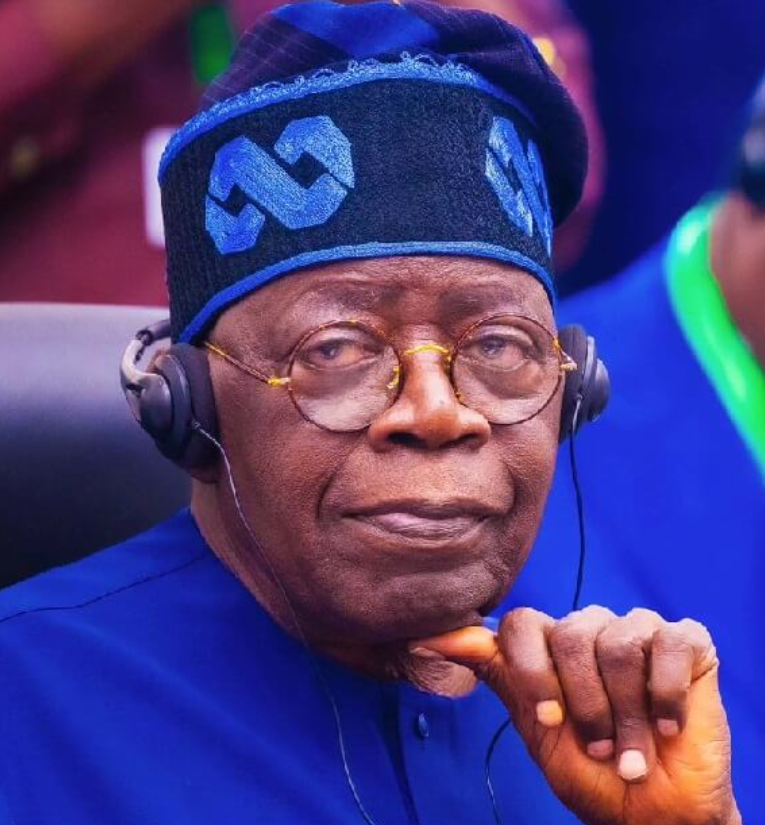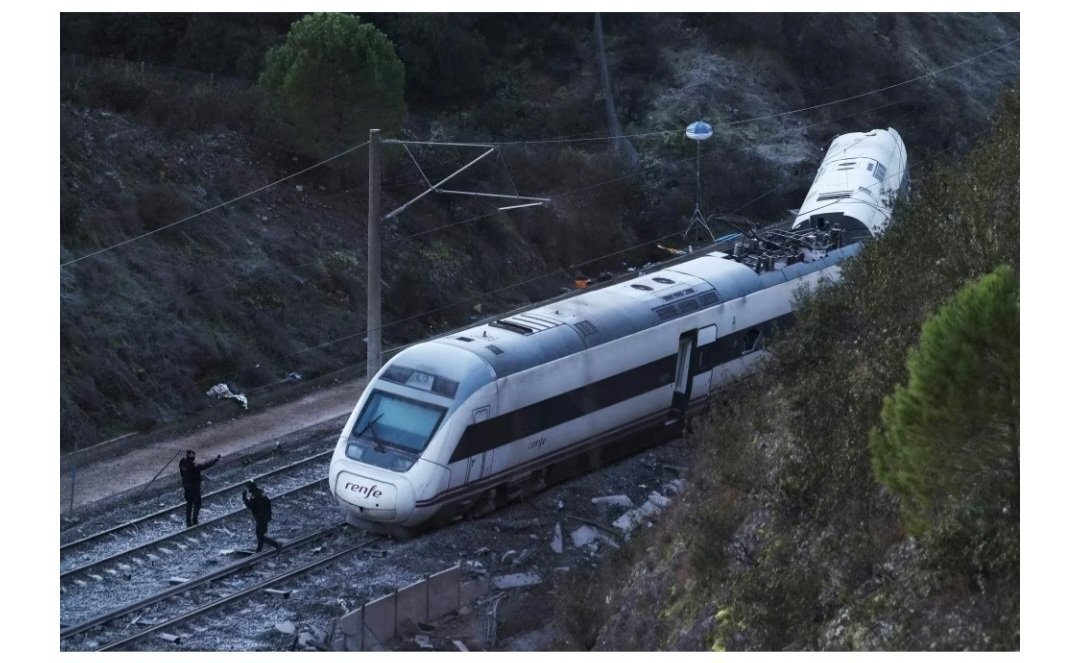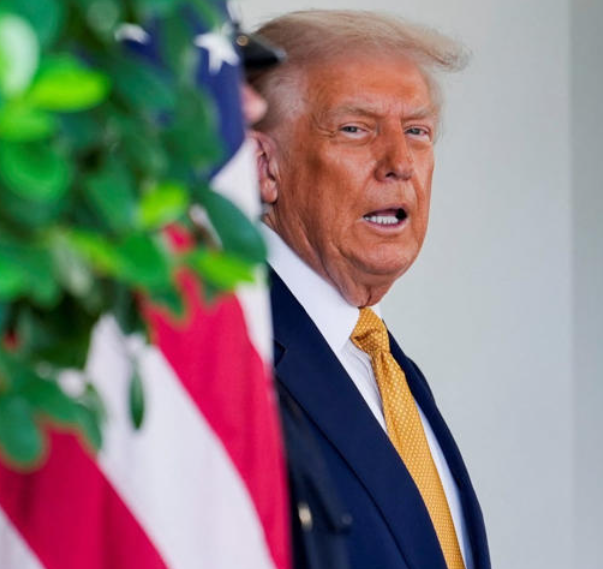
Photo Credit: Nairametrics
The United States is set to commence the issuance of “paperless visas” globally.
This comes as a groundbreaking move by the Biden administration which has completed a pilot project for the issuance of these paperless visas marking a potential shift away from traditional stamped or pasted visas on passport pages.
This forward-thinking initiative, recently piloted at the US diplomatic mission in Dublin, seeks to simplify the visa process and decrease dependence on physical documentation.
The introduction of paperless visas is expected to significantly improve the visa application process for international travellers.
The new system will be more efficient, convenient, and secure, contributing to reduced processing times and costs.
Julie Stufft, Deputy Assistant Secretary of State for Visa Services, disclosed this during a media roundtable hosted by the Foreign Press Centre.
She clarified that the paperless visa concept preserves the existing visa application process but removes the need for a physical visa stamp in passports which holds the promise of revolutionizing the verification of visa statuses.
A paperless visa is an electronic visa securely stored in a government database, eliminating the need for physical attachment to an applicant’s passport.
This removes the necessity for applicants to send passports to the US embassy or consulate, resulting in reduced processing times and costs.
Emphasizing the advantages, Stufft cited various benefits of this visa, also stating that the absence of physical paperwork facilitates easier visa renewals without mailing documents. US Paperless visas offer several benefits, including:
While the successful Dublin pilot is a significant step, Stufft noted that the widespread adoption of paperless visas is not an immediate prospect.
The Biden administration foresees an implementation timeline of approximately 18 months or longer before this innovative system becomes standard.
It’s crucial to note that the US paperless visa system differs from e-visas issued by other countries. Unlike e-visas, the US process retains the requirement for interviews and follows the same application procedures until the point where the physical visa would typically be issued.
Credit: Nairametrics








